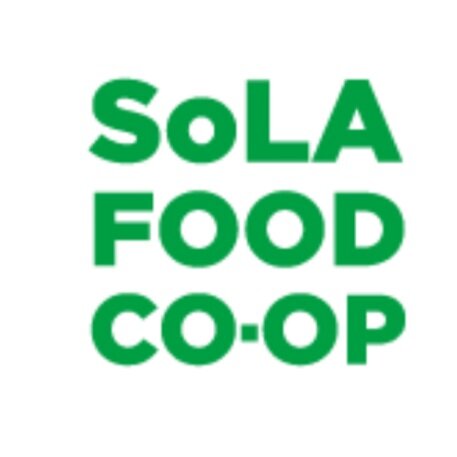
What is a Co-op?
According to the National Cooperative Grocers, a food co-op is a grocery store owned by folks in their community (and includes you if you choose to become a member!).
Unlike corporate chains like Ralphs, Albertsons, or Trader Joes, food co-ops are totally independent and owned by the community members who shop there. So instead of focusing on investors, food co-ops focus on their community — nourishing everyone according to their budget and cooking style and giving back to their communities.
Co-op grocery stores are often the best place to find local food because they work with local farmers and small businesses.
7 Co-op Principles
As a co-op, SoLA must adhere to the guidelines and 7 principles laid out by the International Cooperative”
1. VOLUNTARY AND OPEN MEMBERSHIP
Anyone can join a co-op—they don’t discriminate based on gender, social, racial, political or religious factors.
2. DEMOCRATIC MEMBER CONTROL
Members control their business by deciding how it’s run and who leads it.
3. MEMBERS' ECONOMIC PARTICIPATION
All co-op members invest in their cooperative. This means people, not shareholders, benefit from a co-op’s profits.
4. AUTONOMY & INDEPENDENCE
When making business deals or raising money, co-ops never compromise their autonomy or democratic member control.
5. EDUCATION, TRAINING AND INFORMATION
Co-ops provide education, training and information so their members can contribute effectively to the success of their co-op.
6. COOPERATION AMONG COOPERATIVES
Co-ops believe working together is the best strategy to empower their members and build a stronger co-op economy.
7. CONCERN FOR COMMUNITY
Co-ops are community-minded. They contribute to the sustainable development of their communities by sourcing and investing locally.







